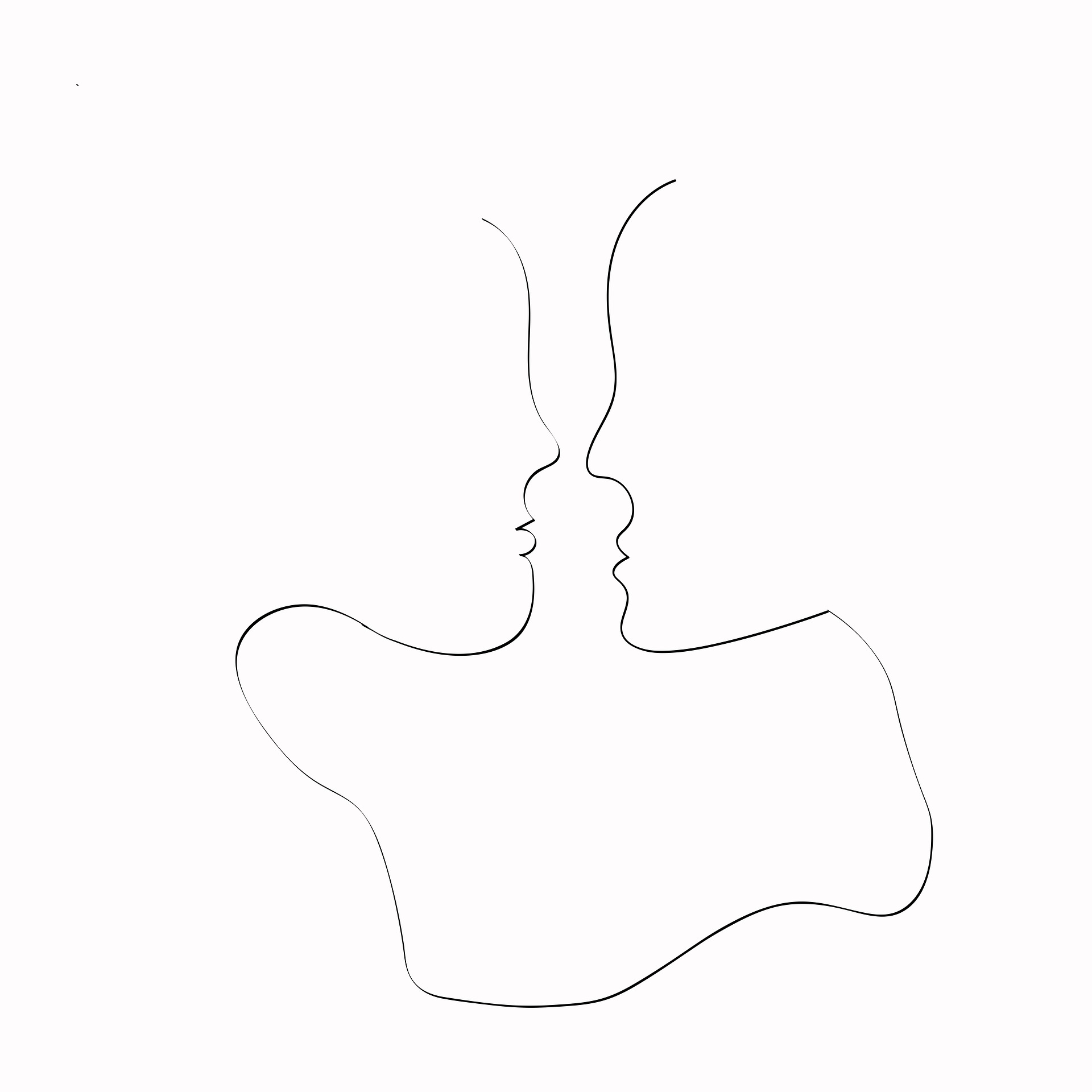Individual Therapy with the Couple in Mind 5/6: Conflict and how EFT May Help
How can insights from Emotionally Focused Couple Therapy help individual clients? In the penultimate part of her series, couples therapist, psychoanalytic psychotherapist and author Anne Power outlines the EFT approach to working with relationship conflict, including regulating relational distress, amplifying attachment meaning and enabling helpful exchange – and explains why the ‘Pursuer-Withdrawer’ dynamic is both so prevalent and so pernicious.

The majority of couples, whatever their sexuality and gender, experience a Pursuer-Withdrawer cycle to some degree. This means that when they have a point of disagreement, one tends to communicate with anxious insistence and the other to block their partner with distancing behaviours.
The Pursuer is using preoccupied attachment behaviours to try to secure the relationship; their internal working models tell them “I can make this relationship work if only I can get my message across”. Their partner, the Withdrawer, is governed by an avoidant internal working model, which tells them “I can keep the relationship steady so long as I stay in my safe zone” – which means keeping clear of vulnerable feelings.
In individual therapy most clients come to recognise their particular coping strategies. It can be immensely valuable to take the next step of seeing how those patterns impact and shape our couple relationships.
When people look at the Pursuer-Withdrawer cycle they may initially explain this in terms of gender. If we consider same sex couples, and many heterosexual pairs, it is apparent that women can be avoidant and men can be preoccupied though it is also true that social conditioning tends to amplify preoccupied traits in women and avoidant characteristics in men.
We all arrive in relationships with a unique set of assumptions that cause us to filter what we see and hear from a partner – we are primed to pick up some signals disproportionately and to disregard others. This can lead us to anticipate certain responses from our partner and so we may adopt a defensive posture even before the unwelcome word or look has surfaced.
Working with a personal therapist can enable partners to recognise how they may so keenly anticipate a reaction they sometimes evoke the very behaviour they dread.
Using insights from Emotionally Focused Therapy (EFT)
EFT combines attachment with systemic thinking and this equips the therapist – whether individual or couple – to make sense of these Pursuer-Withdrawer escalations. In couple work the EFT practitioner is aiming first to help regulate the distressed feelings by understanding and validating the experience of each partner. When the clients are calmer and more available for reflection, the aim is to amplify attachment meaning in their interactions so that partners can access vulnerable feelings.
A further stage sees the therapist enable exchanges in which partners share their experience of each other in an open rather than defensive or blaming way. These attempts to reach each other can easily become derailed or quite messy, but this provides real-time material for the three to work on. The therapist again validates the here and now experience: “When Yani told you how anxious they feel when you come home later than expected, I saw something in your face change. Can you say what was happening inside you at that moment?”
Whether working with individuals or clients we are often drawn towards content, because clients may seek to explain their domestic conflict in terms of concrete details. If we can help them tune into the powerful attachment currents that almost always underlie the narrative, we will enable them to access the place in themselves where the real difficulties, and solutions, are hidden.
Anne Power will be writing a regular blog on her website www.contentedcouples.com, where you can find attachment resources tailored to couples